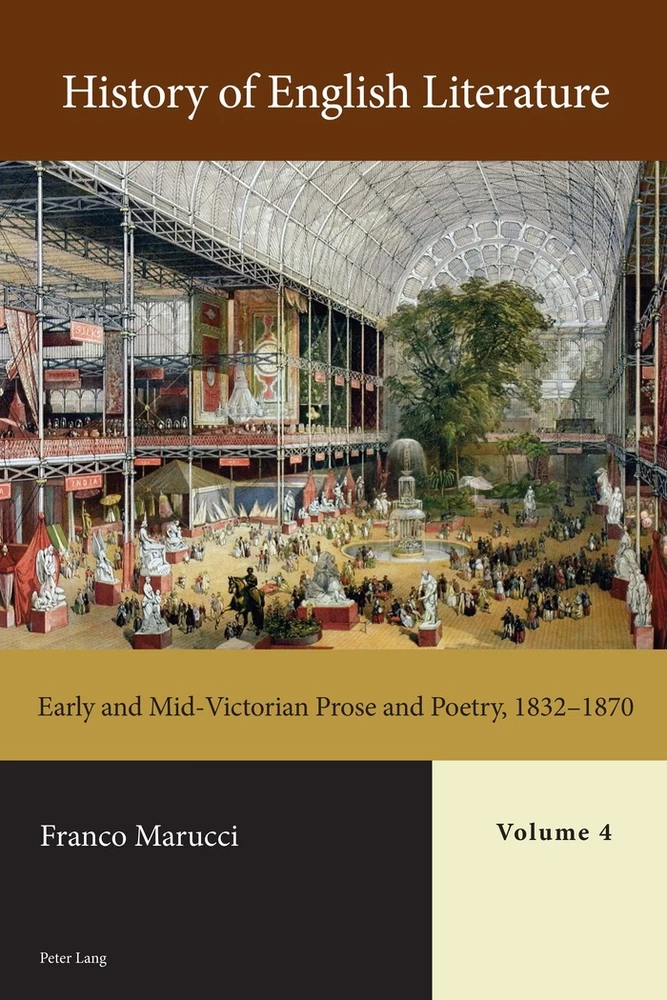

They asked how to bring the principles of liberty, equality, and regeneration into the home.

They debated how revolutionary ideals and institutions should transform the emotional bonds, gender dynamics, legal customs, and economic arrangements that structured the family. From 1789, citizens across France-jurists and deputies, pamphleteers and moralists, sons and daughters, illegitimate children and unhappily married spouses, lawyers and judges-all disputed how the family should be reformed to remake the new France. As part of an all-embracing attempt to liberate individuals, recreate citizens from within, and build a more egalitarian social structure, the revolutionaries challenged long-standing domestic practices and infused politics into the most intimate relationships. The outbreak of the French Revolution created a potent space for questioning the customs, laws, emotions, power relations, and gender assumptions that informed family life.ĭuring the 1790s the French Revolution radically redefined the family, its internal dynamics, and its relationship to the state. The Provençal will become a good friend, good citizen, good subject, and the regeneration of the laws will also rebuild social morality." 1 These younger sons of the Midi formed just one voice in a louder chorus urging fundamental changes in domestic relationships.
#French novel adultery 1800 torrent
Moral affection, purified at its very source, will spread like a torrent in society. . . "The names father, mother, brother, and sister will no longer be insignificant words. . .

These petitioners urged the new legislature to curtail the authority of despotic fathers, secure equal inheritance for all sons and daughters, and foster "mutual esteem" within the family. "The family is a small state, just as the State is a large family," declared the "Younger Sons of Provence" in 1789 as they denounced the inequalities and internal "privileges" that tore Old Regime families apart.


 0 kommentar(er)
0 kommentar(er)
